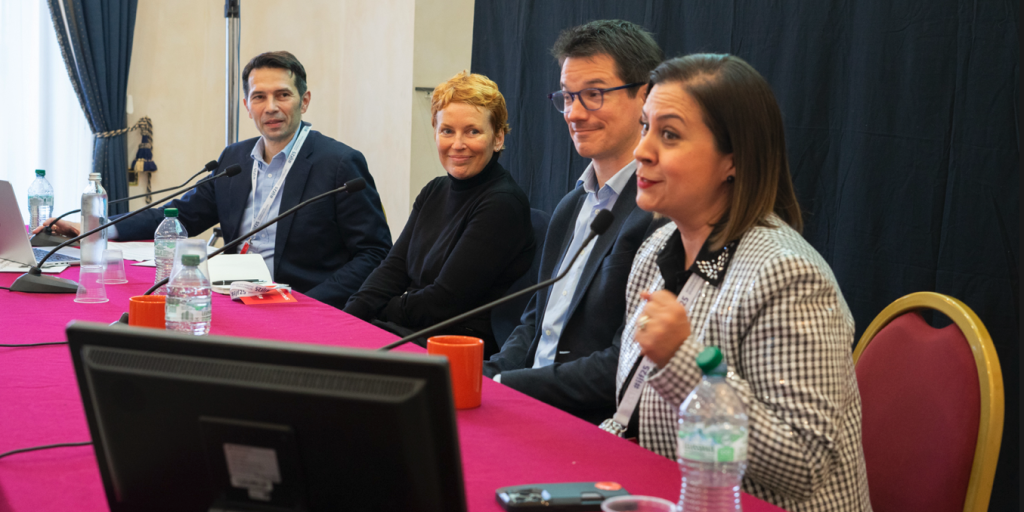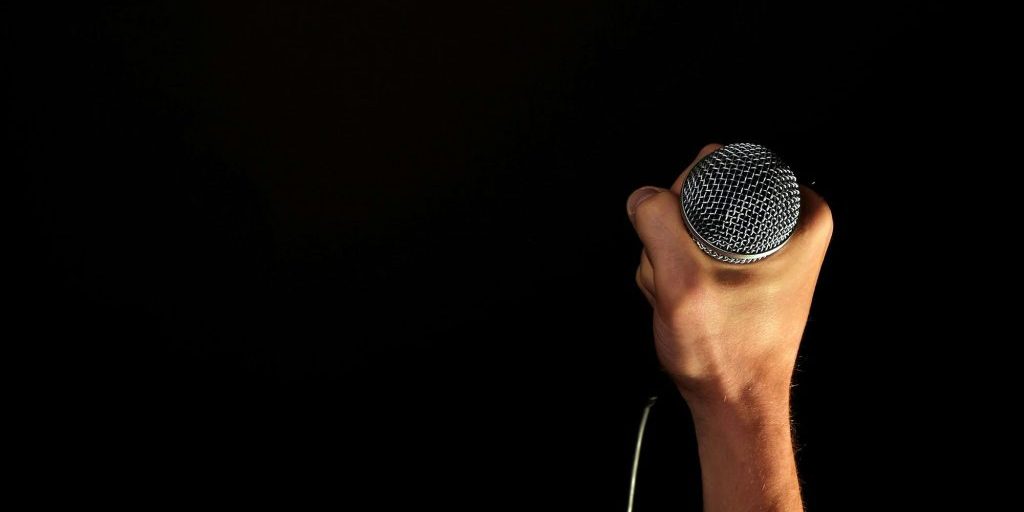Fighting fake news: how media in Kenya and Senegal check facts
PICTURE: Pavel Danilyuk/Pexels
Misinformation has accelerated in recent years, in speed and volume, with studies showing that Africans are exposed to misinformation and disinformation on a regular basis.
Disinformation refers to false information deliberately created to cause harm. Misinformation consists of false information that wasn’t created with the intention of harming individuals or groups. Either way, it’s often difficult to know whether something is true and accurate.
Media fact-checking and media literacy have thus become more important than ever.
As specialists in media and mass communication, we conducted a study of strategies to combat misinformation and disinformation. We also examined the role and impact of fact-checking practices, with this research based on 42 interviews conducted in 2021 with media professionals in Kenya and Senegal.
The participants fell into three main categories. Some were journalists, while others specialised in fact-checking. The rest were individuals who influenced media policies, including government officials, thinktank employees and academics.
Findings indicate that media professionals in Senegal and Kenya are employing reactive fact-checking strategies such as cross-checking information from sources and verifying images and videos. They are also promoting media literacy as a proactive strategy to help media consumers critically engage with media content.
The combination of the two methods is described as a shield and an antidote against the spread of misinformation and disinformation.
In Kenya and Senegal, though information verification was already a daily routine for news organisations, fact-checking is gaining ground. It is emerging as an important approach to counter disinformation.
Fact-checkers and journalists are at the forefront of verifying and determining the accuracy of information shared in public (for example, posts made by social media users) or content created by the media company. The most popular fact-checking services used by participants are PesaCheck, Piga Firimbi and AfricaCheck.
In both countries, verification methods involve cross-checking multiple sources and analysing visual content. Findings of this study reveal that misinformation is most commonly found in political and health-related topics.
In addition to asking sources and experts, media companies are setting up fact-checking services to verify information before publication. Participants from both countries revealed that media organisations trained their employees to use verification tools
Media professionals in both countries saw fact-checking as an effective strategy to combat misinformation and disinformation and an essential tool for verifying content. But they emphasised the importance of respecting freedom of expression.
For them, it was essential to prevent the government or private sector from becoming the sole authority on the accuracy of information shared on media platforms.
Study participants concur that training the public in how to verify content is a proactive measure to curb misinformation. By doing this, professionals share their fact-checking processes as a form of media literacy.
In Kenya, the press produces videos and tutorials to teach the public how to verify information online. Africa Check also produces materials on methods of verifying information.
In Senegal, Africa Check partnered with a community radio station to provide media literacy training in a local language. The initiative involved fact-checking, translating articles into the Wolof language, and then sharing the information on WhatsApp.
The media studied emphasised that media literacy is not only important for the public. Media professionals also need training to stay updated on technological changes and the strategies and techniques used by misinformation propagandists.
These approaches face several obstacles. One is the reluctance of government officials to respond to information requests, often out of fear of critical fact-checking of their own statements. Cultural and linguistic diversity in Africa also presents a challenge for media professionals. Translating verified content into local languages is not easy and requires time and financial resources.
In Senegal and Kenya, as in many other African countries, media literacy is not yet included in the school curriculum. Investing in media literacy programmes in schools would require expertise, money and time.
In addition to the creation of fact-checking desks in newsrooms and raising public awareness of the dangers of misinformation, promoting media literacy at all levels (media, mosques, churches, businesses, schools, universities) should be a priority.
Organising media weeks at school, as France does, could be a step towards that goal.
- Diop is Professor of Communications at Francis Marion University
- This article was first published here




